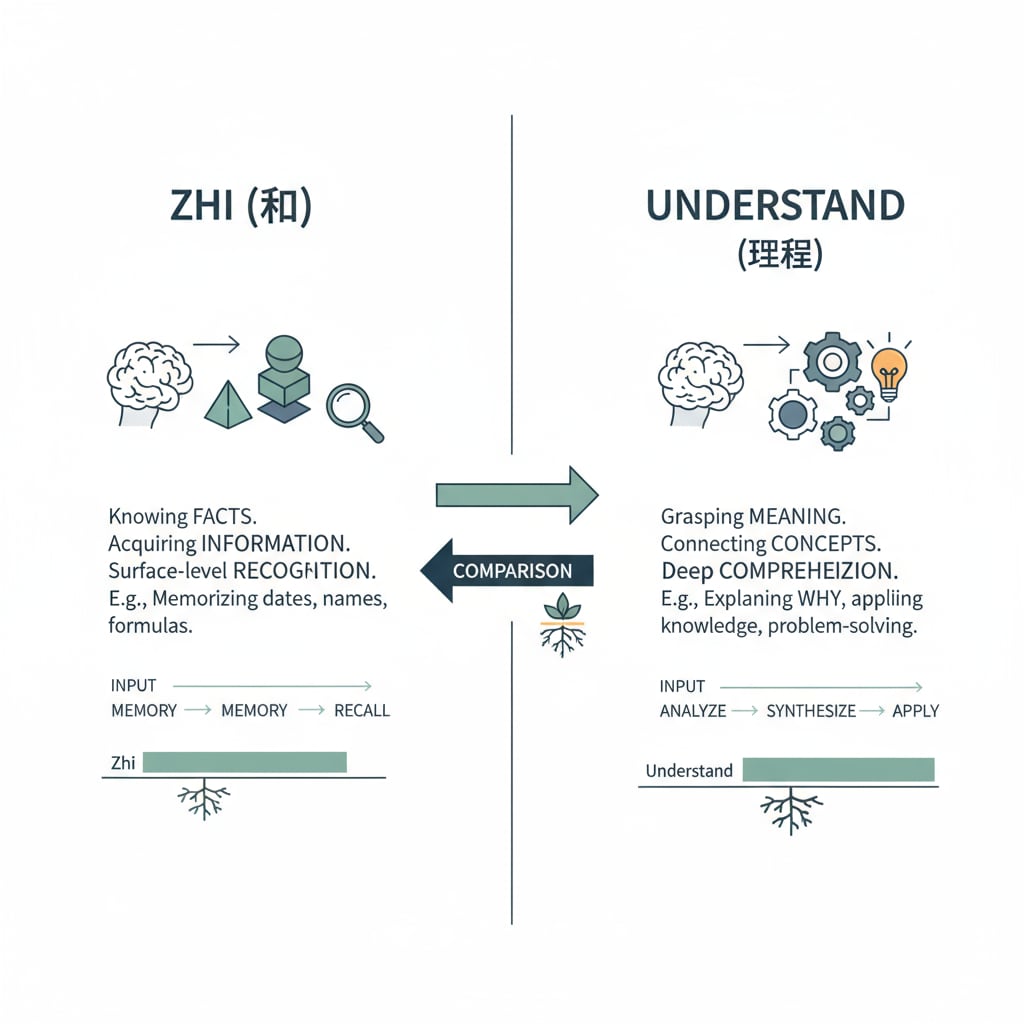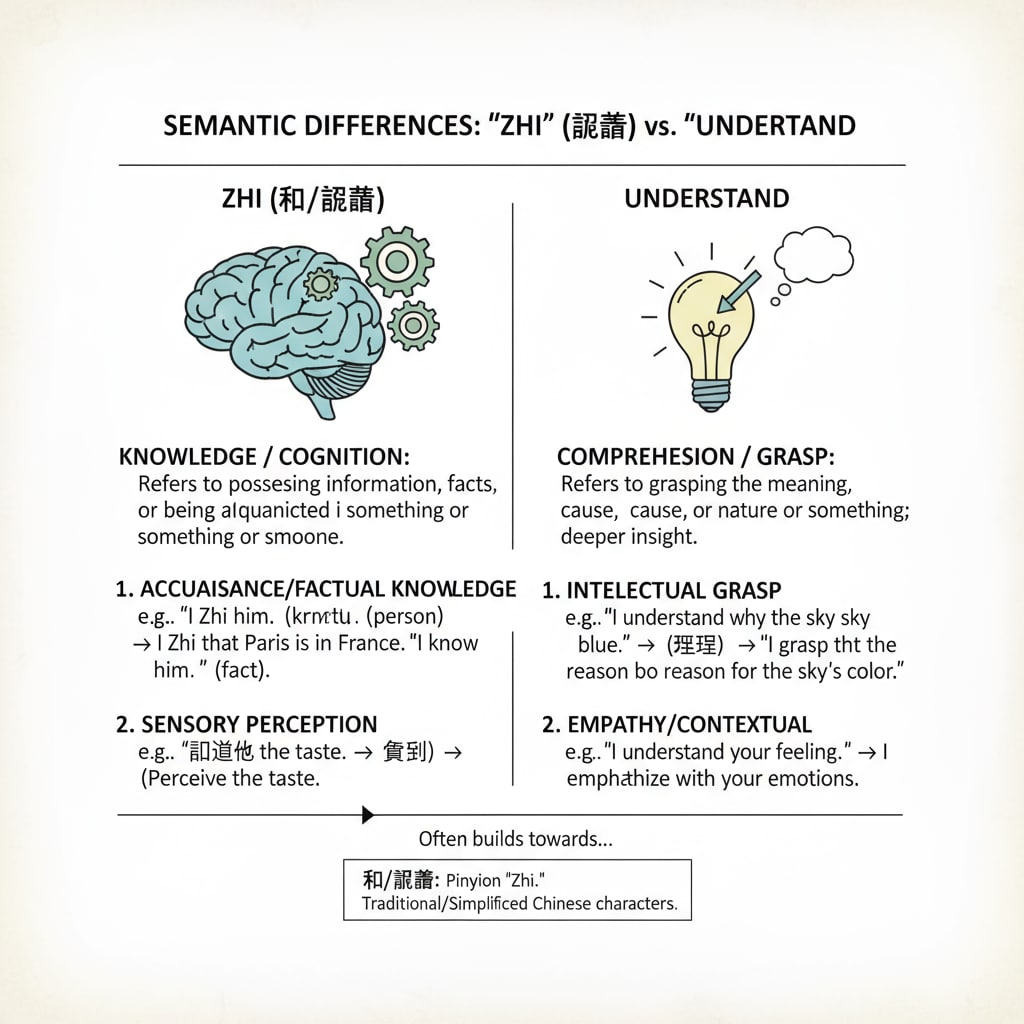Language differences, cultural thinking, knowledge and wisdom are intertwined aspects that shape our understanding of the world. In the realm of language study, comparing the Chinese word “知” (Zhi) and the English word “understand” reveals fascinating insights into the distinct cultural mindsets they represent. These differences also have profound implications for K12 education, influencing how students acquire knowledge and develop wisdom.

Linguistic Analysis of “Zhi” and “Understand”
The Chinese character “知” has a rich semantic field. Etymologically, it implies awareness and recognition. It can refer to having knowledge about a fact or a skill. For example, “知道” (zhī dào) simply means to know. However, it also encompasses a broader sense of acquaintance. On the other hand, “understand” in English conveys a deeper level of comprehension. According to Oxford Learners Dictionaries, it involves grasping the meaning, significance, or logic behind something. This shows that linguistically, “understand” has a more profound connotation compared to the relatively more general “知”.

Cultural Thinking Embodied in the Words
Chinese culture, reflected in the concept of “知”, often emphasizes rote learning and the accumulation of knowledge. This is deeply rooted in traditional educational systems where memorization of classic texts was highly valued. In contrast, Western culture, as represented by “understand”, promotes critical thinking and the ability to analyze and synthesize information. This difference in cultural thinking is evident in classroom settings. Western classrooms encourage students to question, debate, and form their own opinions, while Chinese classrooms may initially focus more on students mastering basic knowledge. As Cross-cultural psychology on Wikipedia states, these cultural nuances in language can significantly impact educational approaches.
The implications of these language and cultural differences are far-reaching in K12 education. In the Chinese context, students may build a solid foundation of knowledge but might face challenges in applying it creatively. In Western education, while students are better at critical thinking, they may lack in-depth knowledge in some areas. Therefore, it is essential to integrate the strengths of both educational systems.
Readability guidance: The above content clearly presents the linguistic and cultural differences between “Zhi” and “understand”, and their impacts on education. Short paragraphs and clear explanations are used, with key information from reliable external sources added for credibility. Transition words like “however” and “in contrast” are used to enhance flow.


